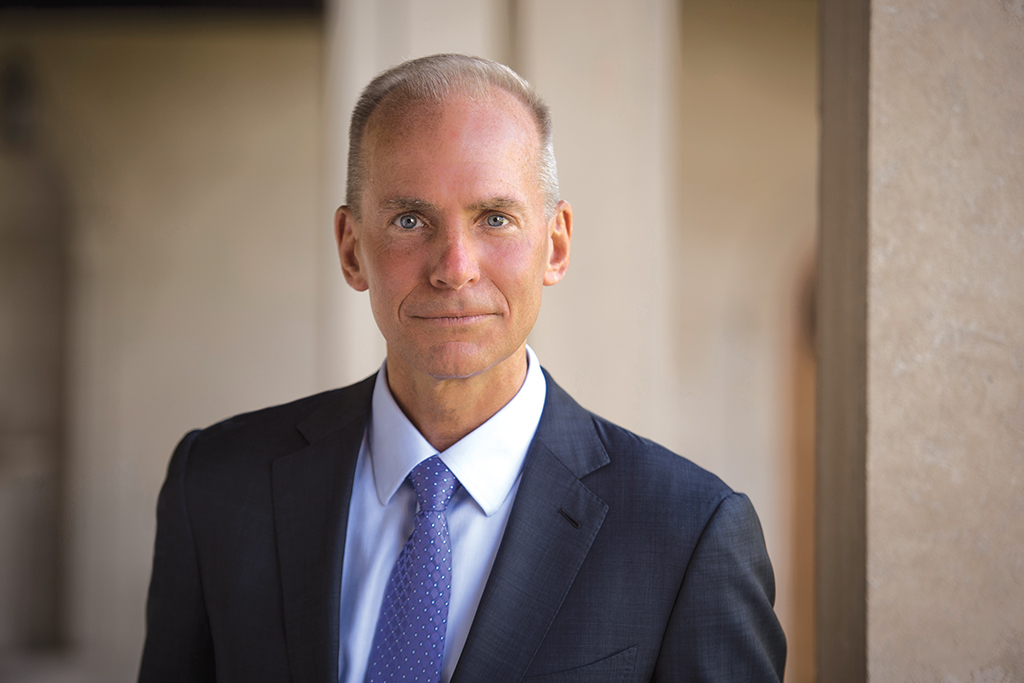Having just returned from attending the GBTA conference in Chicago, I was most impressed with one of the speakers, Dennis Muilenburg, Chairman, President, and CEO of Boeing. Boeing’s the 5th largest defense contractor in the world and designs, builds, and sells airplanes, rotorcraft, rockets, satellite communications, and missiles on a global scale.
Last year there were 90 million accident-free flights. There are 5 million people traveling daily on a Boeing plane. Sadly, two deadly crashes of its 737 Max killed 346 people recently.
The first question out of the interviewer’s mouth was “what changes are being made right now and when can we expect the Max to fly again?” The travel managers, travel management companies, and travel suppliers in the audience, who are responsible for the lives of many global business travelers, were waiting to hear his reply.
Muilenburg stated that Boeing consistently focuses on safety as their core value. The company is concentrating on these top 5 initiatives to make sure the 737 Max is the safest plane in the air when it flies again in Q4:
- Software updates that will be certified by the FAA in September.
- Continuous training & education updates.
- Deep engagement with the stakeholders.
- $100 million fund to address the family and community needs for the victims’ families.
- Ongoing investment in their employees and their commitment to safety.
As a young girl, I was nervous to fly on a DC10 to Australia right after several DC10s crashed due to engines falling off the wings. My father, who is an engineer, said that after all the safety updates, they were the safest planes in the air. I had heard of the two recent plane crashes over the news and it was comforting and inspiring to hear what lengths Boeing is taking to make sure the 737 Max stays one of the safest planes in the air.
Muilenberg also shared some exciting new projects on the horizon.
- The development of the 777X, which will be able to fly farther than any plane with a 7200-mile range. The cabin will be more spacious for passenger comfort with LED cabin lighting, noise reduction, larger windows, and twice the volume for carry-on bags with easier closing bins.
- Currently testing flying vehicles with wrap-around technology for future airspace travel for both piloted and autonomous vehicles.
- Supersonic travel that will be more economically viable than the Concord. Boeing is working on a business jet that will take 3 hours off the flight time across the Atlantic.
- Hypersonic technology where planes will be able to fly 5 or 6 times faster than the speed of sound. This will be able to connect any two city pairs in about 2 hours.
- Space travel will become more routine and companies are developing space hotels. Boeing is developing a vehicle to fly in space called the Starliner, which is scheduled for a test flight later this year.
Given Boeing’s investment in the future, it sounds like we have a lot to look forward to and places to visit in record time–and that includes space!


